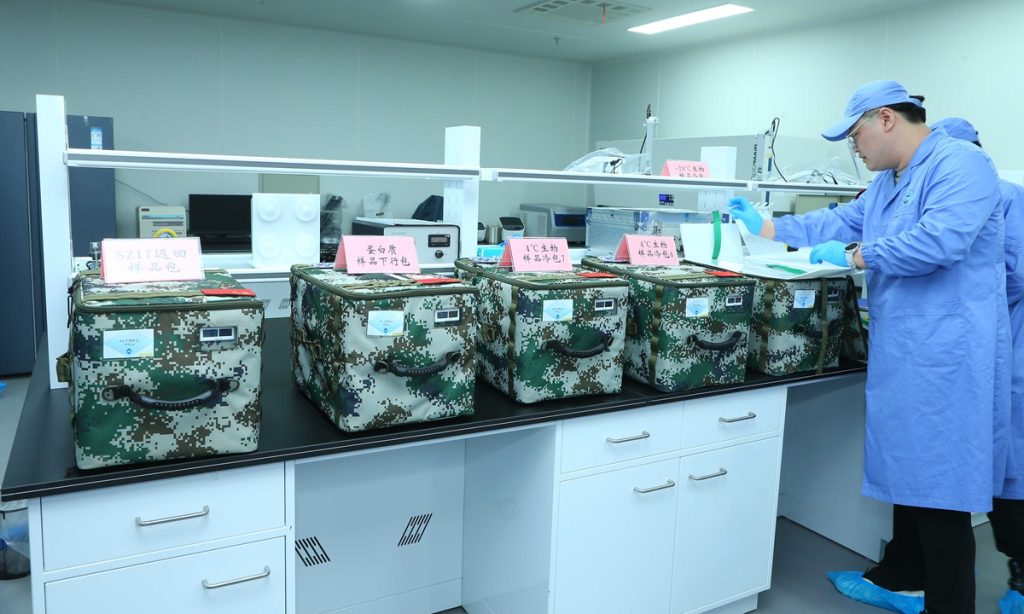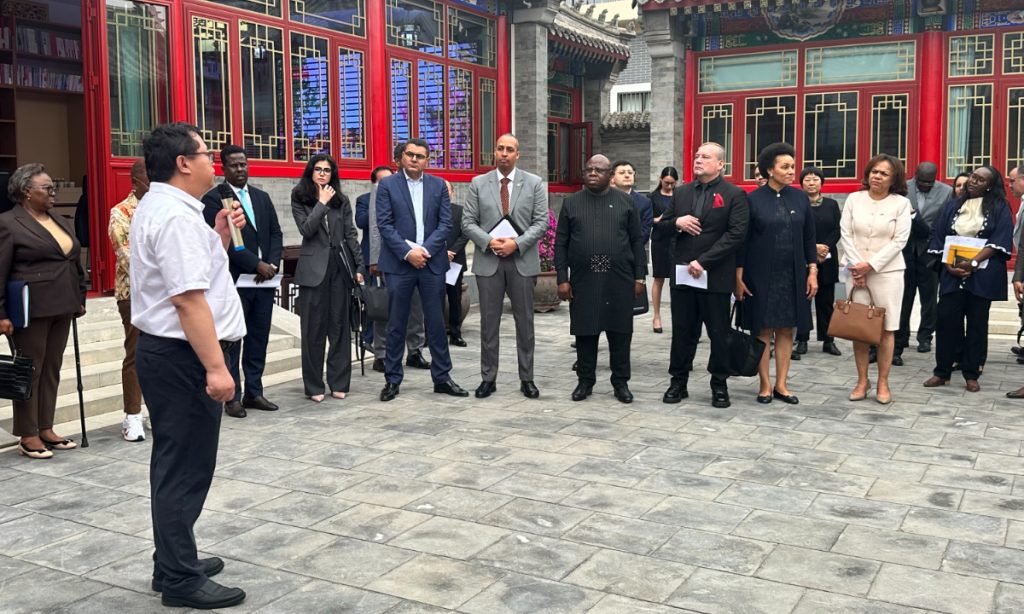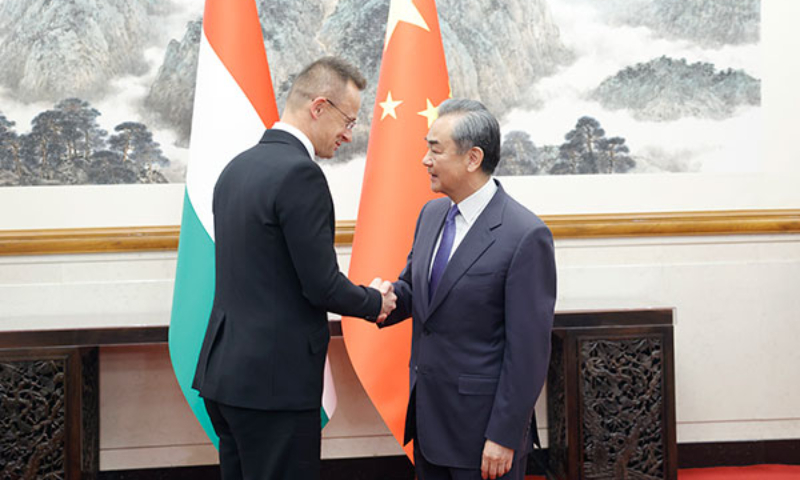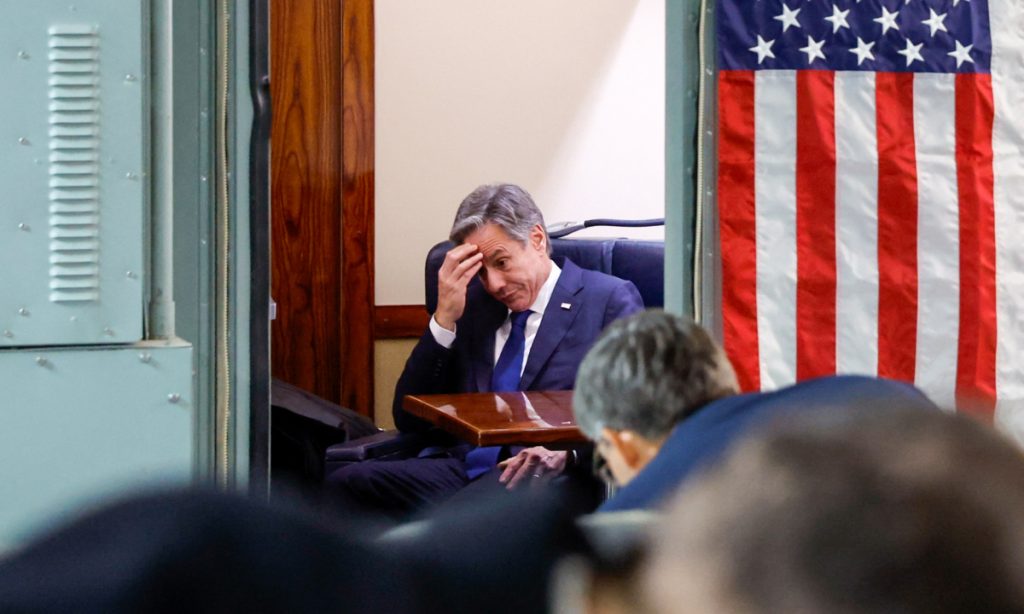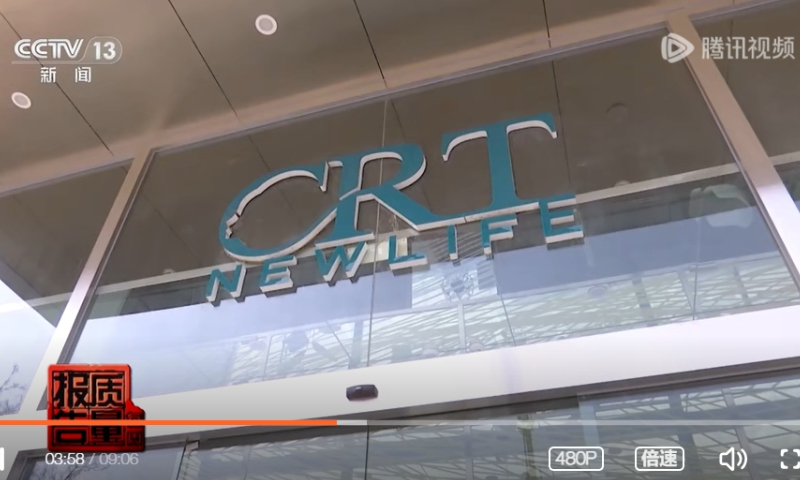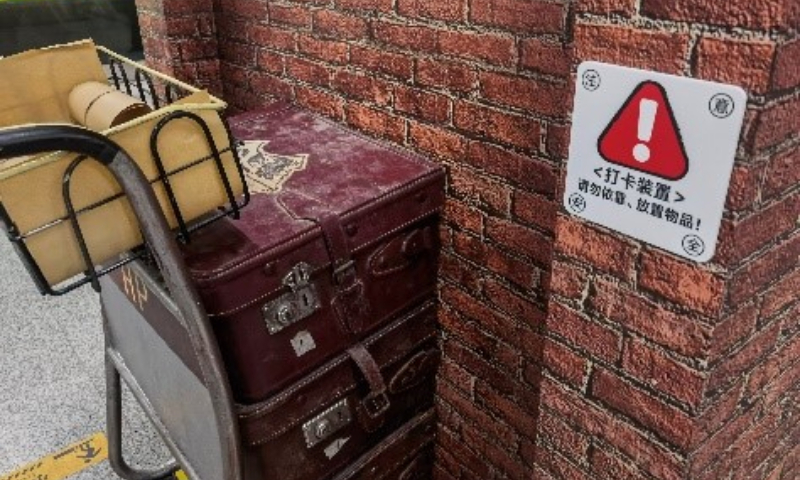US assembles 'Squad' of allies to counter China
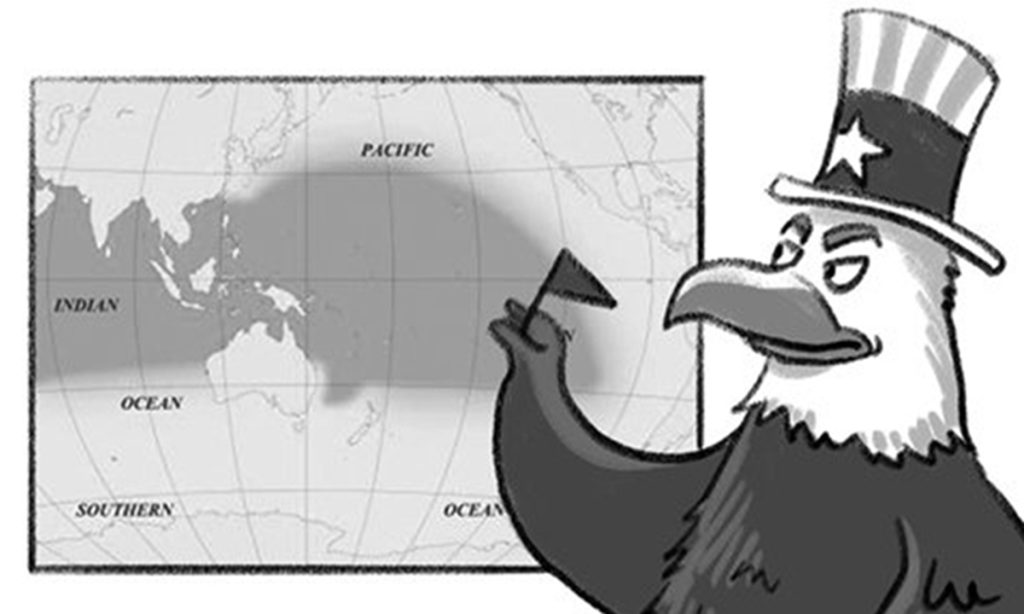
Defense chiefs from the US, Australia, Japan and the Philippines gathered in Hawaii on Thursday (local time) for their second joint meeting, lining up yet another regional group dubbed the "Squad" by Pentagon officials, while vowing a strengthened alliance among the four countries.
Chinese analysts warned on Sunday that this new quadrilateral grouping, distinct from the older version of the Quad which was also assembled by the US, poses a more targeted challenge to China. The grouping, part of Washington's "Indo-Pacific Strategy," aims at containing China, leading to concerns about more complex tensions and division among regional countries.
Chinese analysts warned that the Philippines, increasingly manipulated by the US, is losing its autonomy and becoming a pawn of the US in the region, which could lead to the "Ukrainization" of the Philippines.
Speaking after the talks on Friday, US Secretary of Defense Lloyd Austin announced the four-country group would look at undertaking more maritime exercises, as well as providing greater security assistance to the Philippines, US media reported.
The defense chiefs of the "Squad" met for the first time in June 2023 on the sidelines of the Shangri-La security dialogue in Singapore. And in April 2024, the four countries conducted joint maritime patrols within the Philippines' exclusive economic zone against the backdrop of ongoing tensions between the Philippines and China.
Citing an anonymous US official, Bloomberg reported on Friday that the "Squad" aims to counter coercion and aggression across Asia, as well as ensure that defense capabilities among their militaries are increasingly inter-operable, allowing them to work more efficiently together in the event of conflict.
The US official said the quadrilateral group aims to conduct more joint patrols in the coming months and years and that these patrols will add more capabilities over time.
The report also highlights that this new quadrilateral grouping is one of a number of regional partnerships that the US has used to push back against China in Asia. There is also the "Quad" comprised of the US, Australia, India and Japan and "Aukus," a defense pact among Australia, the UK and the US.
At the tactical level, the new grouping would form a more targeted mechanism against China which is similar but more effective than the previous Quad grouping as Japan, Australia and Philippines are all allies of the US, where India, although it is in the Quad group, it is not technically a US ally. Therefore, this new "Squad" has a stronger sense of direction, meeting the needs of the US to manage the security situation in the regions of the South China Sea and the Taiwan Straits, Li Haidong, a professor at the China Foreign Affairs University, told the Global Times on Sunday.
At the strategic level, the new "Squad," like the old "Quad," is led by the US, adjusting the Asia-Pacific security architecture and promoting the implementation of overall planning through small-scale multilateral cooperation, Li noted.
An official release from the US-Japan-Australia Trilateral Defense Ministers' Meeting (TDMM) 2024 Joint Statement on Saturday, read that the ministers of the three countries emphasized "the importance of peace and stability across the Taiwan Straits."
They called for peaceful resolution of cross-Straits issues and reaffirmed their enduring commitment to a peaceful, secure and prosperous Southeast Asia, where sovereignty is respected, international law is followed and nations can make decisions free from coercion.
In the short term, "Squad" exerts highly targeted strategic pressure on China, making the situation in the Asia-Pacific region even more complex. In addition to aspects such as intelligence network security and naval security, various dimensions including fisheries have a significant impact on Asia-Pacific security, Li predicted.
Another Chinese military analyst who requested not to be named told the Global Times on Sunday that the new "Squad" is centered around the US, with the roles of the Philippines and Australia relatively minor.
By assembling the "Squad," the US seeks to make use of Australia's homeland, defense budget and military to expand the US' influence overseas, while extending the US' military presence in the "Indo-Pacific" region through the Philippines' military bases. However, the military capabilities of these two countries are limited, and the US regards them as pawns, the military analyst explained.
Analysts pointed out the current Philippine government is being manipulated by the US, and is increasingly lacking autonomy, especially under the Ferdinand Marcos Jr administration which follows the US obediently, and it has become an unstable factor in the Asia-Pacific region.
Li warned that blindly following the US encouragement would only lead to the "Ukrainization" of the Philippines. "By creating crises, the US profits and establishes a situation where no country in the region can be secure without American leadership. The tragic result of the Philippines' provocation against China ultimately suggests that the Philippines should be more autonomous, harmonious with other regional countries, and avoid being used as a pawn by other countries."
Analysts believe that the forming of the new anti-China grouping will lead regional countries to feel there exists a more complex and divisive security situation, with stronger antagonism and conflict, forcing more countries to take sides in geopolitics.
Gu Xiaosong, dean of the ASEAN Research Institute of Hainan Tropical Ocean University, told the Global Times on Sunday that the forming of the new anti-China "Squad" poses a significant challenge to the historically cordial relations between China and ASEAN.
Over the years, the China-ASEAN relationship has continually developed in the political, economic and cultural spheres, bringing tangible benefits to both sides. Both parties cherish peace and stability in the region and should work to preserve it, Gu said.
However, the consequences of the Philippines drifting further away could have detrimental effects on the bilateral relationship between China and the Philippines. It is important for both parties to manage their differences and prioritize their shared interests. It is crucial for the current Philippines' leaders to prioritize the common interests of China and the Philippines, maintaining and nurturing the friendly relationship between the two countries for the benefit of both sides, Gu noted.
